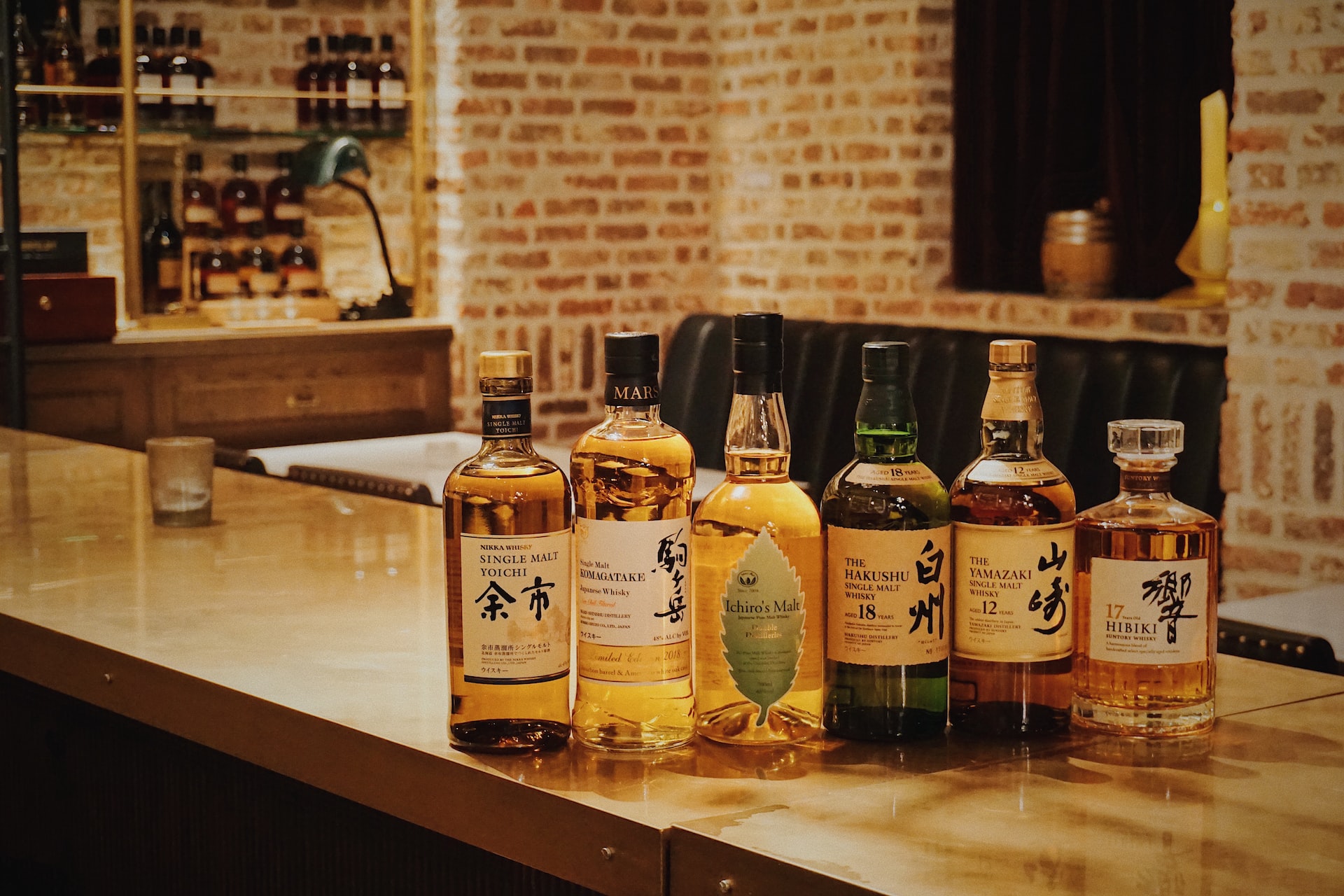
A Look into Japanese Whisky
The validity of the Japanese whisky category has been the subject of debate in the liquor world. This mainly stems from the drink’s ambiguous history. However, no matter anyone’s opinion of this spirit, there is no doubt that it’s delicious and unique in its own right when compared to other types of whisky. Let’s take a look at this particular type of whisky, its history, its strong points against other whiskies, and just what makes it a controversy.
How did Japanese whisky come about?
The origins of the Japanese whisky are still unclear. Many believe that it wasn’t born in Japan at all, and was instead just whisky imported to Japan from Scotland and Canada. However, world history proves this claim untrue.
Way before World War II, Japan had already started producing their own whisky. In 1923, Shinjiro Torii founded the first distillery in Japan, naming it the Yamazaki Distillery. To this day, Yamazaki is still operating and remains one of the most popular whisky distilleries in Japan. Seven years after the opening, Japan began retailing whisky.
What exactly is Japanese whisky?
While many draw similarities between Japanese whisky and Scotch, the two are actually of different makings.
The first difference lies in the kind of still used in production. While Scotch uses pot stills in the distillation process, the Japanese prefer using continuous stills. Although the end result for both Scotch and Japanese whisky are similarly aged in ex-sherry and bourbon barrels, Japanese distillers choose to age their whiskies in a variety of conditions. Depending on the temperature and humidity of the cellars, this will result in a slightly different aroma and taste.
With regards to sweetness, Japanese whisky brings its own kind of decadence to the world of whisky. While the drink is already known for being exceptionally sweet compared to other liquors, some brands of Japanese whisky use additives to infuse flavours and smells such as cherry blossoms, honey, or rose petals.
What makes Japanese whisky unique?
Scotch and Japanese whisky may slightly diverge in terms of taste and look. But where it truly differs is in the philosophy behind its production. While Scotch is produced with consistency in mind, maintaining the same taste and quality it has possessed for generations, Japanese whisky distillers are on a mission to continuously improve the drink.
Instead of aiming to create robust-tasting whiskies, distillers in Japan lean into producing delicate, more elegant tastes. Refining the drink is what production is about, instead of creating the same thing over and over. It takes a lot of adjustments, attention to detail, and restraint to create. Get your hands on one of the many Japanese whiskeys available at Red & White store.




